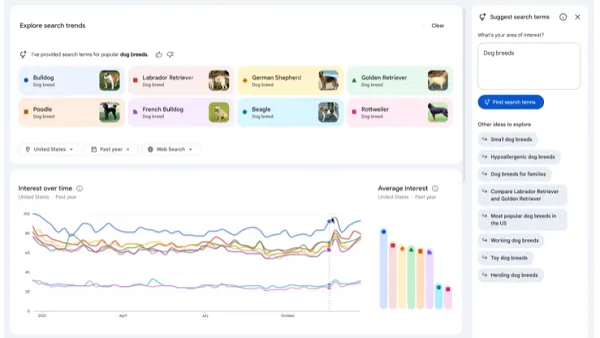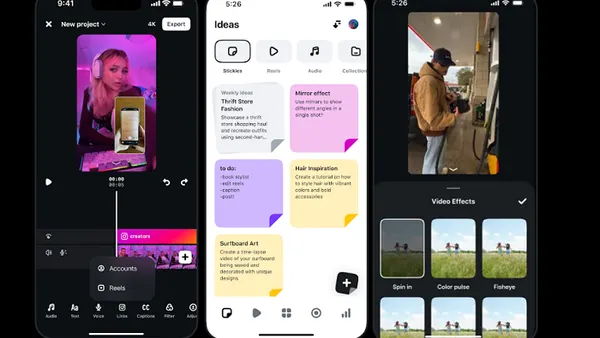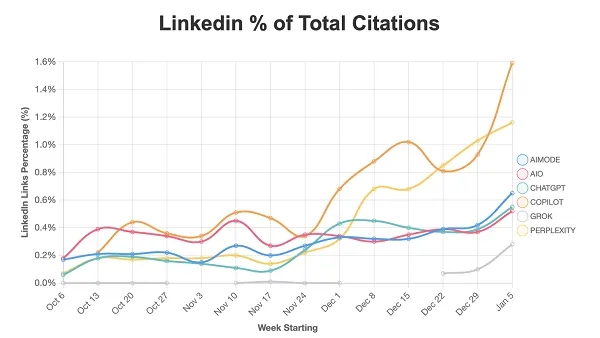You're just asking for trouble. Those are for traditional "marketers".
2.) Do not rely on a press release distribution service
This will probably draw the most criticism, but I believe if your press release is that non-specific and boring, then it probably shouldn't even be a press release. It seems like lazy PR to me, and no, I've never used one. (The exception: corporate press for share holders).
3.) Identify 10 influential journalists, bloggers or other media and contact them directly with your pitch
4.) If that doesn't work, go to the next 10 most influential
5.) Engage in social media before you try to use it as a PR tool
There's nothing worse than a generic "spammy" marketer trying to sell something on a social network. At least disguise it as genuine and give us a reason to care.
6.) Know who you are pitching
Just as you read a person face-to-face - find their bio, read their work, etc.,
7.) Do not continue to send them pitches unless you are "invited to come in the front door" as Jeff Pulver puts it.
8.) Don't be an idiot
9.) Give them what they need
Don't just send four paragraphs- send a link to video, images, etc. Let them see what your pitch topic is about without having to contact you by phone, email, or skype. Try a social media release and when media does need to contact you, make it easy.
10.) Remember why you're not an advertising sales rep, then do the opposite they do
It's seems simple, but every time I see PR spam I draw parallels to weak advertising sales rep tactics. The good ones are changing their game, the bad ones are losing their jobs. Don't let PR go there.
From PitchEngine - A New Spin On PR









